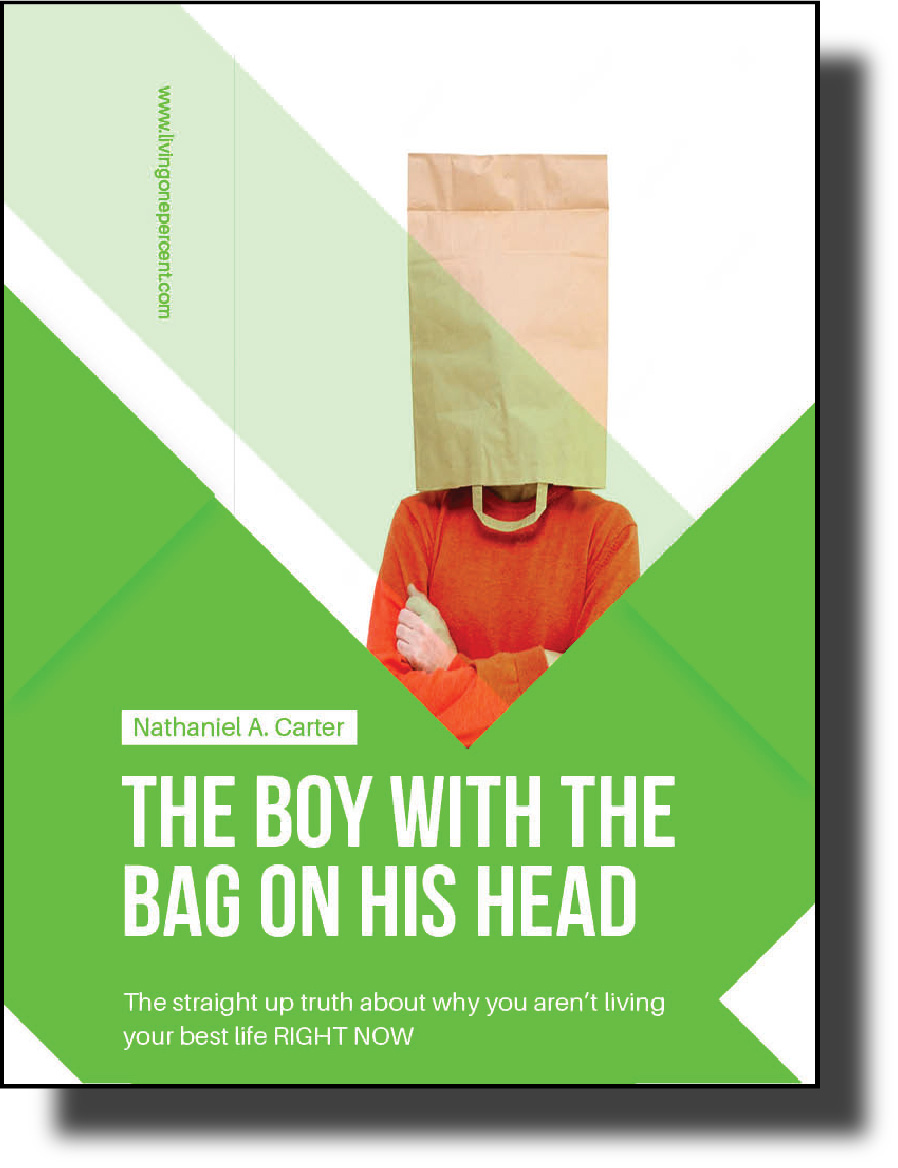
Are You Getting Enough Sleep?
Maybe you stay up past midnight on weekends watching movies or spend an hour swiping through dating apps while in bed. Or you actually get to bed at a decent hour, but then toss and turn, unable to fall asleep. Whatever the reason, the results are familiar to many people — feeling tired and cranky when you wake up the next morning, jonesing for that first cup of coffee. According to the CDC, about one in three adults doesn't get enough sleep.
When you don't sleep enough, feeling tired and bleary-eyed is only part of the problem. People who consistently get less than six hours of sleep nightly face a higher risk of heart disease as well as other conditions such as diabetes and obesity. The exact mechanisms aren't fully understood, but disruptions in blood pressure and blood sugar regulation likely play a role. Insufficient sleep also appears to raise stress hormone levels, which also strain the heart.
Sometimes, work or family stressors prevent us from getting enough sleep. But in many cases, habits such as late-night TV binge-watching is to blame. We could sleep more, but we’re not making it a priority. Other people have insomnia — trouble falling or staying asleep. These people want to sleep but can't. An estimated 15% to 24% of adults have insomnia, which often (but not always) leads to insufficient sleep. There is evidence linking insomnia to a greater risk of high blood pressure and heart disease, especially in insomniacs who also don't get enough sleep.
If you're not logging enough sleep on a regular basis, a number of strategies can help. Start by taking stock of your nighttime light exposure. The human body isn’t designed for the amount of artificial light that we give it well into the evening.
Televisions, computers, and smartphones (as well as energy-efficient lighting) are all increasing our exposure to blue light, one of the wavelengths in the visible light spectrum. Blue light affects the body's circadian rhythm, our natural wake-and-sleep cycle. During the day, blue light stimulates and wakes you up. But too much blue light at night can make it harder to fall asleep. And all visible light suppresses the secretion of melatonin, a hormone that influences circadian rhythms. Turn screens off well before bedtime in order to allow your body to go into sleep mode.
What's more, the programs people watch on TV or other devices tend to be emotionally stimulating and addicting. They're designed to make you click to the next episode, which often delays your bedtime. Plan your viewing schedule and utilize some discipline to turn your screen off when the predetermined number of shows ends. If you need help, ask your partner to remind you when it’s time to turn off the screens.
If you have trouble dropping off to sleep, do something relaxing for at least 15 minutes before climbing into bed, such as reading; listening to a book, podcast, or music; or meditating. Don't get into bed until you're drowsy — that is, when your eyelids feel heavy and you're nodding off and yawning. If you're tired but not drowsy, continue doing a relaxing activity until you do feel drowsy. Stay out of bed so that your brain doesn't link that activity with being in bed; the goal is to train your brain to associate your bed only with sleeping.
If you think you're sleepy but your mind starts racing as soon as you lie down, get out of bed. Do something relaxing until you actually feel drowsy. The same advice applies if you wake up at 3 a.m. and can't fall back asleep. Don't keep checking the clock, watching the time tick by. You'll just become frustrated, further foiling your attempts to sleep. If you end up sleeping only for a few hours, remind yourself that it's not the end of the world. You'll probably catch up on your sleep over the following day or so. But if you don't, and if sleepless nights are the norm, consider checking out a more structured approach to combating.






